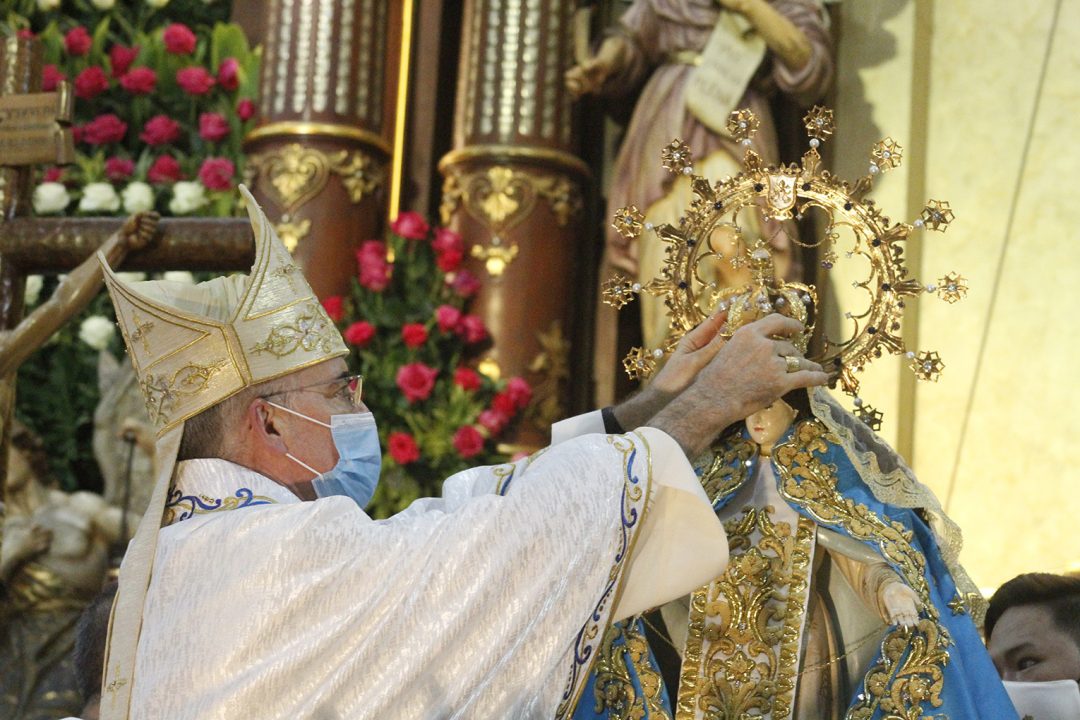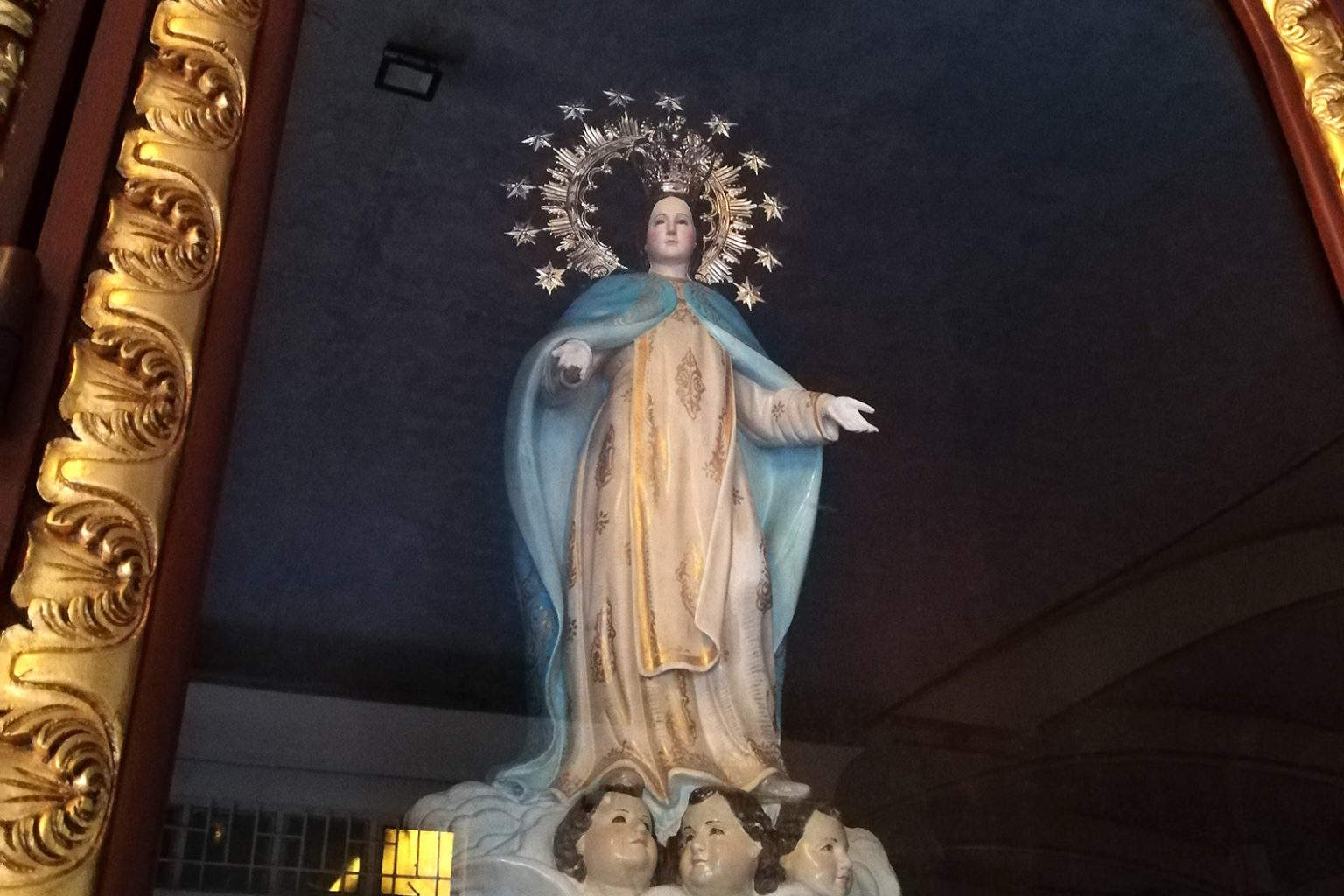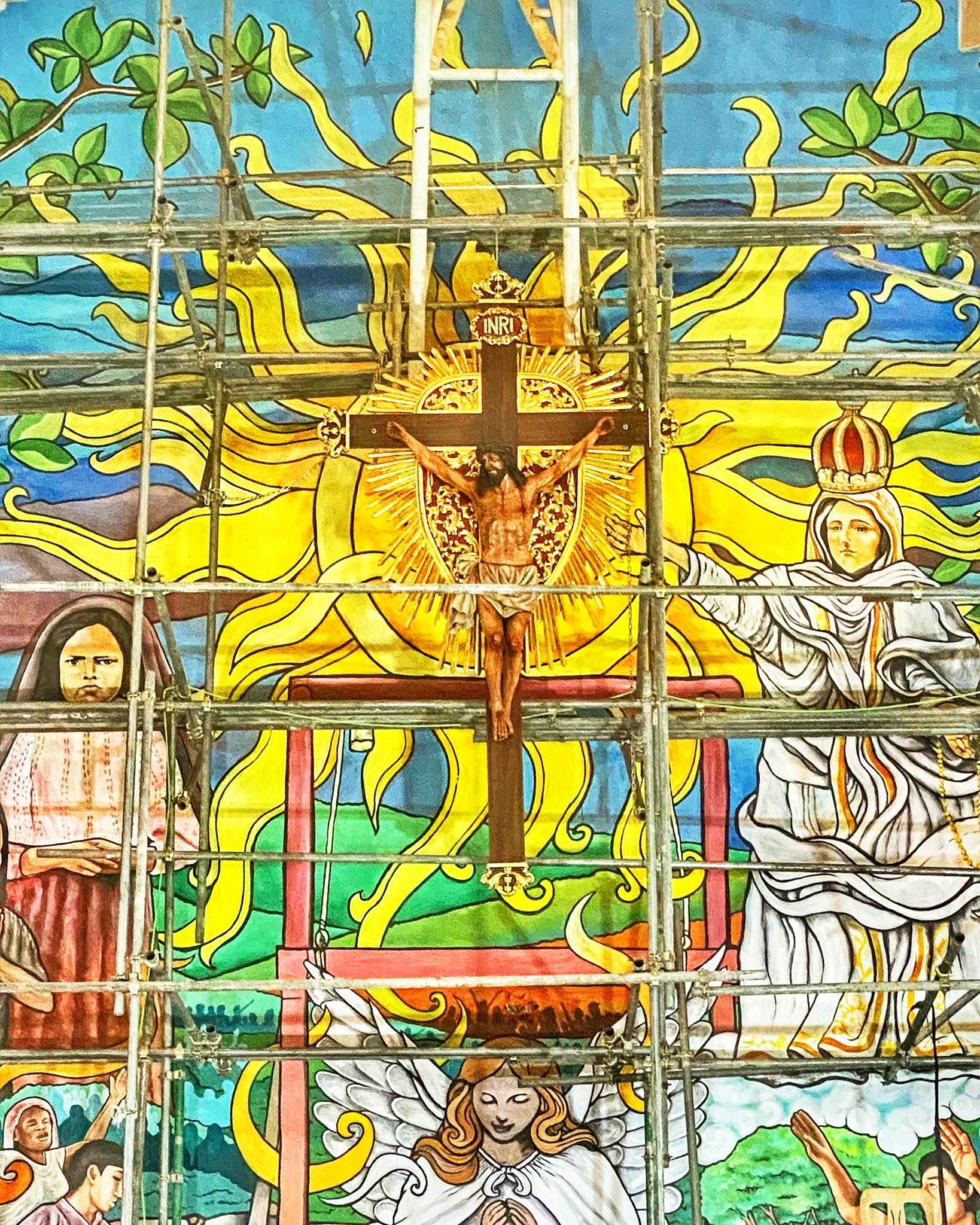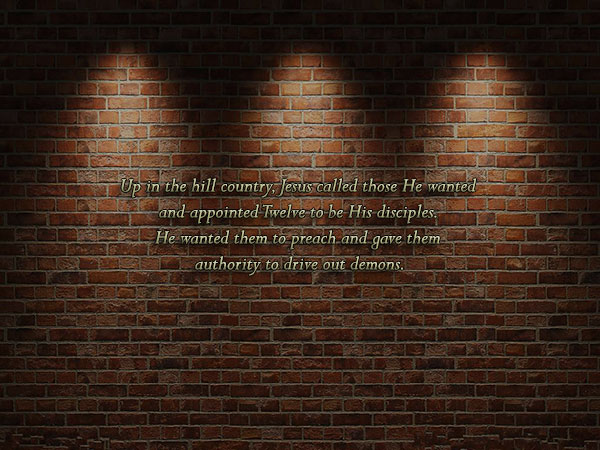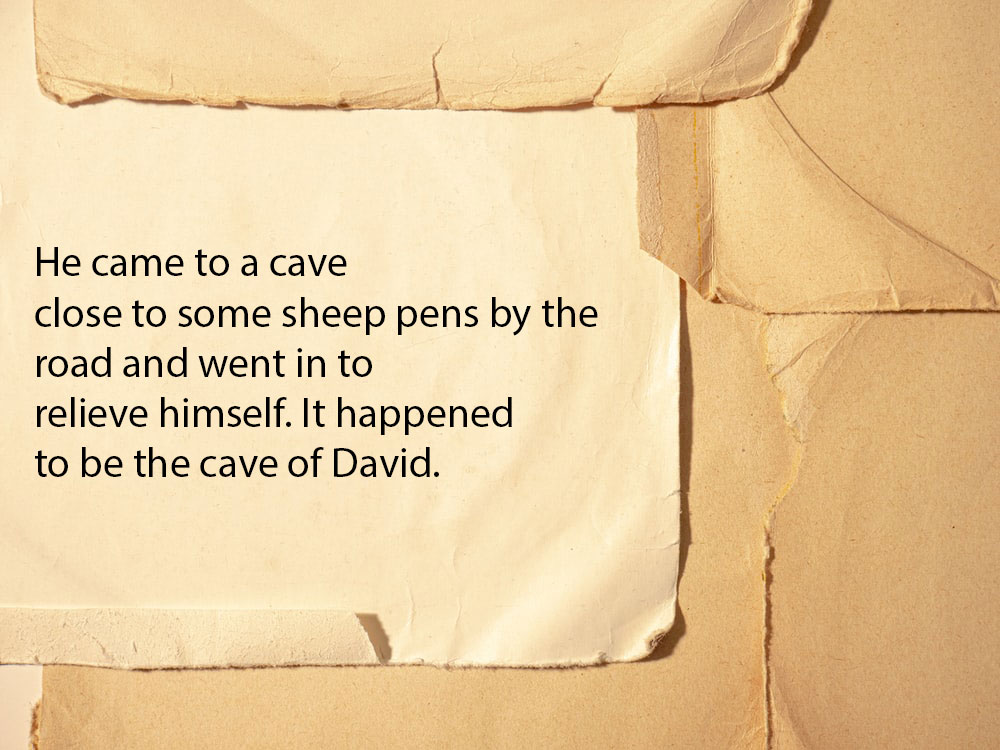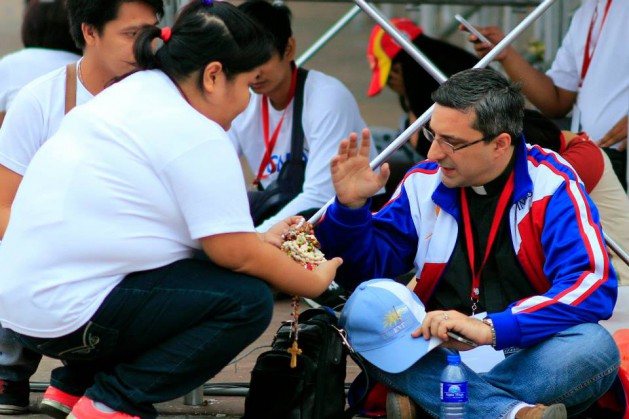
CAMARIN, Caloocan City, Aug. 30, 2016 – Fr. Luciano Feloni, the Argentinian priest who spent decades in poor communities in the Philippines, will launch on Sept. 1 a community-based drug rehabilitation program at Our Lady of Lourdes Parish.
“We cannot just turn them away,” explained the Argentinian priest, referring to drug addicts who have sought the parish’ help since the recent summary executions of three to five people in their neighborhood by unidentified gunmen.
“We asked ourselves what have we to offer to help drug addicts after they surrender to the local police,” added Feloni.
‘Healing not Killing’
Aptly named “Healing not Killing”, the rehabilitation program will be community-based as local government and barangay officials, police operatives, and the parish will work together to ensure the program’s success.
In an interview with CBCPNews, Feloni, a fellowman of Pope Francis who the had personally confessed many times to the pontiff when he was still Archbishop of Buenos Aires, said the launch will be attended by Novaliches Bishop Antonio Tobias, representatives from Caloocan City Mayor’s Office, and the legislator who represents the district along with police officials.
The priest revealed that immediately after President Rodrigo Duterte took office last June, he and his parishioners became steadily alarmed by the spate of killings in the area which continues until today.
Asked how they knew of the killings, Feloni said he has been repeatedly sought out by relatives to say funeral Masses for the victims.
He said aside from the strong pronouncements against illegal drugs made by Duterte, there are no rehabilitation programs being offered.
Holistic approach
“Once you surrender, you go home and you assume you’ll stop,” he added. Feloni described the assumption as an “immature thing because addiction requires psychosocial intervention.”
The local government has promised to share its professional resources for the needed psycho-social interventions through medical doctors and psychiatrists to supervise the detoxification program, which usually takes from six months to one year.
According to the priest, Bishop Tobias has offered two Church properties to the Quezon City government to build rehabilitation centers for lease without pay.
Feloni clarified that despite misconceptions, the Church fully supports the government’s campaign to rid the country of illegal drug syndicates. However, he added, the Church cannot support the killings perpetrated by motorcycle-riding persons who wantonly shoot suspected drug addicts and pushers.
Having come from Argentina, a country that has struggled with the drug problem for decades, he said he knows how drugs and narco-politics destroy a country and its people’s future.
Asked how they would approach rehabilitation requirements, Feloni said they will have to involve the family which is the “core of Philippine society.” The priest said the Church also has programs to strengthen the family, which dysfunctional families could benefit from.
The Catholic Church along with other faiths will provide spiritual formation and support through the parish renewal programs.
According to the priest, the Php 200.00 that petty drug pushers earn per day for at least two to three transactions make up their daily subsistence. Should the government strictly enforce its anti-illegal drugs campaign, these pushers need to be led to alternative sources of livelihood which the social services ministry could provide.
Possible retaliation
Asked if he expects to be physically endangered because of his involvement in the program, Feloni said it is possible some drug syndicates may go after them in retaliation for lower illegal drug sales.
“If the program succeeds in six months and the parish priest [is] still alive, it could be replicated in some other areas in the country,” he said. Feloni however, added should there be policemen protecting the syndicates, the barangay chairman and the parish priest could be subject to “liquidation”.
Asked if his being a foreigner is a guarantee of his safety, Feloni said unlike Americans, it is possible Argentinians and other foreign nationals may be harassed if not murdered outright because of their involvement in such a hot-button issue.
However, when push gets to shove, Feloni, who has served the Catholic Church in what used to be the Archdiocese of Manila for 22 years now, said, he may be deported back to Argentina. (Melo M. Acuña / CBCPNews)
(from CBCPNews)




